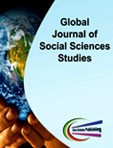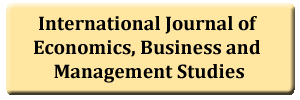Empowering self-reliance: Assessing the impact of lifting ban for pregnant girls to return to school in Tanzania
DOI:
https://doi.org/10.55284/gjss.v10i2.1183Keywords:
Adolescence, Lifting ban, Pregnancy, Self-Reliance, Teenage mothers.Abstract
The main objective of this study was to examine how the Tanzanian government’s program allowing girls who became pregnant while in school to return after giving birth relates to efforts in promoting self-reliance among these girls. Using a quantitative research approach with a cross-sectional design, the study found that 87.5% of teenage mother students and 62.5% of teachers had positive perceptions of the program. Factors influencing teenage pregnancies included poverty (37.5%), peer pressure (10%), bad friends (10%), and rape (12.5%). Additionally, 32.5% of the pregnancies were attributed to businessmen, 27.5% to bodaboda (motorcycle taxi) drivers, 25% to street men, and 15% to fellow students. The study also revealed challenges for teenage mothers, such as difficulty balancing studying and childcare (62.5%) and stigmatization from students, teachers, family, and community members (57.5%). Teachers reported issues like low concentration in class (62.5%), late arrivals (75%), lack of respect (62.5%), and absenteeism (68.5%). Furthermore, 65% of teenage mother students reported no support from the fathers of their children, highlighting a lack of support from these individuals. It is recommended that all stakeholders provide both psychological and material support to help these teenage mothers become self-reliant. The government, in collaboration with the community, should also ensure that all perpetrators of pregnancies are held accountable for supporting these teenage mothers.





